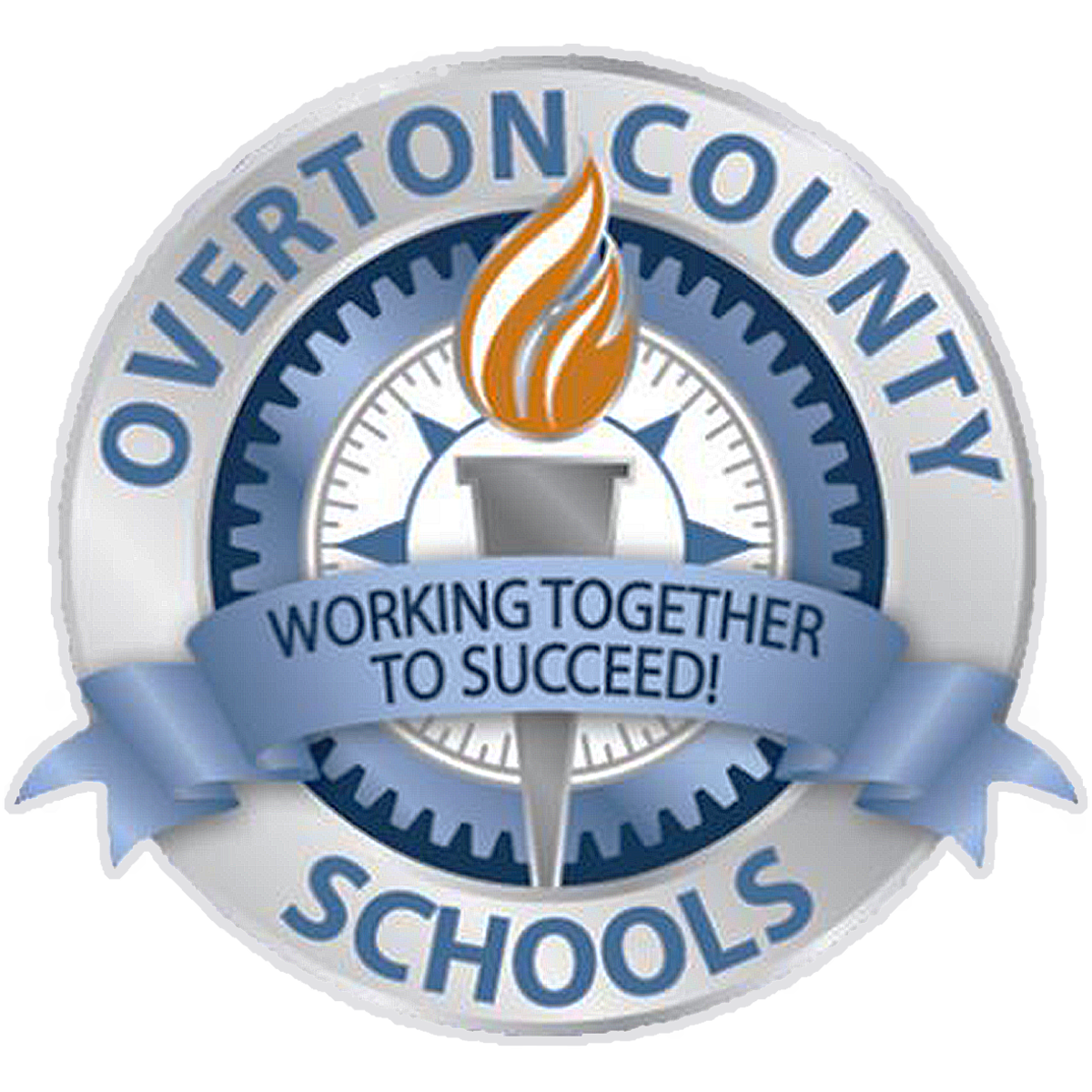Homeless Education
The McKinney-Vento Homeless Education Assistance Act defines “homeless children and youth” as children and youth who lack a fixed, regular, and adequate nighttime residence, and includes:
Children and youth who are sharing the housing of other persons due to loss of housing, economic hardship, or a similar reason; are living in motels or camping grounds due to the lack of adequate alternative accommodations; are living in emergency or transitional shelters; are abandoned in hospitals; or are awaiting foster care placement;
Children and youth who have a primary nighttime residence that is a public or private place not designed for, or ordinarily used as, a regular sleeping accommodation for humans;
Children and youth who are living in cars, parks, public spaces, abandoned buildings, substandard housing, bus or train stations, or similar settings; and
Migratory children who qualify as homeless because they are living in circumstances described above.
Rights: Students who are experiencing homelessness have the right to receive educational services that provide full and equal opportunities to succeed in school. Homeless students have the right to immediately enroll in school, even if they do not have proof of residence or any other required school or health records. If any required documentation is missing, it can be obtained after the student is enrolled. Homeless students have the right to remain in their school of origin, if feasible, and receive transportation services.
Services: All Homeless Education services are school-based. Many services are available, based on individual student needs. In addition to transportation, these include, but are not limited to: assistance with enrollment and transfer of records; automatic participation in federal nutrition program; school supplies; special project supplies; academic support through Title I; weekend food backpacks provided by the local backpack program; hygiene supplies; and referrals to other agencies that provide services to students. Homeless Education cannot assist families with rent, utilities, or housing.
Partnering with Parents: Parents of Homeless Education students in Overton County Schools are encouraged to be active partners with us in their child's education. Please talk with the homeless education contact at your child's school about parental involvement opportunities at the school. Those are available on and off campus.
Contact information: Every school has a homeless education contact person who is trained in identifying students who qualify for the program. If you or someone you know is a student experiencing homelessness, please contact your school and ask for the Homeless Education Contact. You may also contact the Overton County Homeless Education Liaison, Deanna Savage at 931.823.4961or by email at dsavage@oc-sd.com should you have any questions regarding the rights and services of homeless students. Link to State Department Homeless Education
